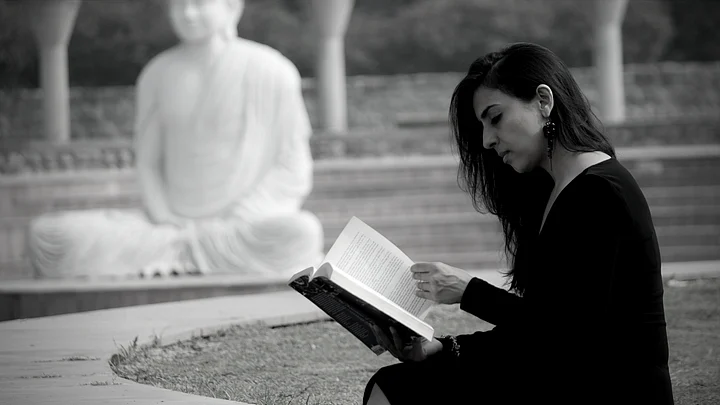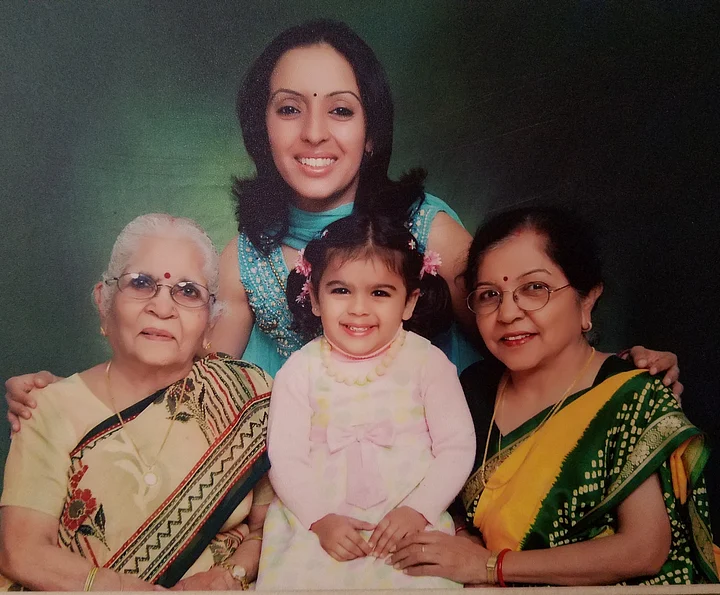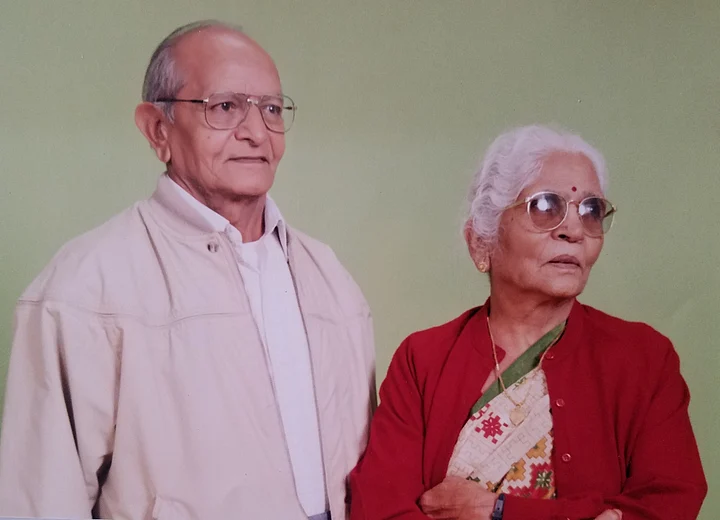My first introduction to short stories happened at the age of 5. I used to stay at our ancestral house in Bareilly with my nana, nani. I remember how I would come back from school, peel myself out of my uniform, wear a short handmade chemise and wait for my nani to finish her chores so she could tell me stories.
My nani passed away in 2013 and with her, she took away all those stories I grew up with. I must now rely on short story collections and – barring the works of notable Indian short story writers – those are also not too many.
I wonder why.
“Short Stories Don’t Sell”, Many Writers are Told
It might have something to do with readers’ preferences, feels Madhulika Liddle who started out as a short story writer and went on to win the Commonwealth Broadcasting Association’s Short Story Competition in 2003 for her story, A Morning Swim.
It’s fulfilling (to write short stories), but not very remunerative, mostly because it seems most readers prefer novels to short stories.Madhulika Liddle
Sharing a leaf from her own publishing journey, Liddle reveals how nobody wanted to publish her short stories when she first went looking for a publisher in 2006-07. “They don’t sell,” she was often told – and apparently, the situation hasn’t improved much after all these years, as India’s top literary agent, Kanishka Gupta of the Writer’s Side, will tell you. Gupta doesn’t mince words:
After poetry collections, short stories are the hardest genre to sell (to commissioning editors). They seldom work, even if they are written by well-known authors. I think the only short story collections that work are those in the literary space.
He quotes the examples of Scattered Souls by Shahnaz Bashir and The Scatter Here is Too Great by Bilal Tanweer – both of which are based on strong themes that revolve around terrorism and violence. According to him, the chances of a short story collection being acquired by a commissioning editor at a top publishing house are close to zero –
Unless it is being edited by Ravinder Singh or Anuja Chauhan as a part of a contest.
Thomas Abraham, Managing Director of Hachette India agrees with Gupta’s assertion and adds:
While short stories are not the genre most publishers prefer – since they sell lower than the novel – it is equally true that when they break out, they break out BIG. For example, Interpreter of Maladies by Jhumpa Lahiri and The Red Carpet by Lavanya Sankaran.
Yet, There are Advantages...
However, despite the apparent lukewarm response from readers and publishers alike, some writers continue to be drawn to the short story format for reasons of their own.
Renowned Indian writer and poet, Padma Shri Keki N. Daruwalla whose story, Love Across the Salt Desert, was the inspiration behind J. P. Dutta’s, Refugee, tells me how it took him 40 years after his short stories to come out with his first novel, For Pepper and Christ. He has published 5 collections of short stories till now and is back with his latest, Daniell Comes to Judgement, with its title story being about the 18th century painter with eponymous name.
For others like Liddle (best known for her whodunnits about a 17th century Mughal detective), short stories are a good vehicle for a brief idea – the reason why she continues to write them:
(They are) not something novel-length, not something involving the research, the effort and the time a novel entails – but something which gets done quickly and is still satisfying.
Koral Dasgupta, founder of #TellMeYourStory, a story-telling platform for professionals, believes that every life has untold, unsung stories, and not all stories have the content to become a novel. “Those can then become short stories, maintaining their crisp pace and precision.” Talking about her online platform (www.tellmeyourstory.in), she reveals how she has been enthralled by the response from people, especially debut writers.
#TellMeYourStory’s experience closely matches that of the Write India campaign, India’s largest ever crowd-sourced short story contest organised by The Times of India. In its first season, the campaign received 25,000 entries and – “the quality of some of the stories amazed me, as well as the celebrity authors on our panel,” reveals Vinita Dawra Nangia, Associate Editor, The Times of India.
Nangia, who is all set for Season 2 of the campaign – as also a Write India in Hindi, believes that there has been a resurgence in the writing and reading of short stories because of “short attention spans (of readers) and less time to read”.
It cannot also be denied that many writers see short stories as a starting point before they write a full-length novel, and there is nothing wrong about it. However, as Nangia puts it:
Novel writing is a different ball game, so just being good at short stories doesn’t automatically mean that novel writing will be a cakewalk. Both genres need different skill sets.
Been thinking of putting pen to paper? Perhaps, the investment of time in the process of novel-writing intimidates you.
Why not start with a short story instead?
(Vani has worked as a business journalist and is the author of ‘The Recession Groom’. She can be reached @Vani_Author)


